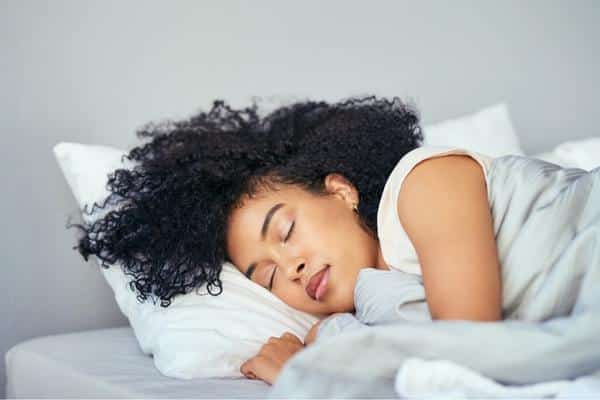With various new ” smartwatches ” and electronic activity trackers, you can track your sleep, fitness, and activity levels. Many of these new lifestyle trackers keep you motivated. They also improve your health and fitness by tracking your activity, exercise, food, weight, and sleep. So how do these electronic gadgets track and analyze your sleep?
Sleep trackers estimate your sleep quantity and sleep stages using a combination of your movement and your heart rate patterns. When you are asleep, your device will track your heart rate changes, beat by beat. We know this as heart rate variability (HRV), which fluctuates as you transition into and out of light sleep, deep sleep, and REM sleep. Fitness and sleep trackers can determine whether your habits are affecting your health.
Sleep-tracking devices help you identify:
- Factors and habits that affect your sleep (stress, exercise, eating patterns)
- Trends that disrupt your sleep patterns
- Factors that cause you to sleep and rest better
Sleep tracking teaches you how to understand your body better
Quality sleep is vital for a healthy mind and body; it’s the equivalent of hitting the refresh button for your brain. The sleep data they provide can determine if you have achieved each of the different sleep cycles. These sleep cycles must take place each night to support a healthy lifestyle.
The data collected by your sleep tracker can help you determine if you’re getting enough sleep, too much sleep, or not enough (quality) sleep. A lack of quality sleep is common. Those who suffer from restless or interrupted sleep can track when they get the best sleep. Those who don’t sleep according to a regular pattern can analyze valuable data to design a sleep schedule. Sleep trackers can also show you what activities during the day can cause disturbances in your sleep pattern.
The Last Word on Tracking Sleep with Technology to Improve Health and Fitness
The best way to analyze your sleep data is to combine this information with other data, such as your health and activity information. You can visualize your day’s activity’s effect on your sleep pattern. It also shows you how your sleep (or lack of sleep) affects your energy levels.
For example, if you have changed your exercise routine or worked out less or more, you can see how sleep affects them. Also, this is because your sleep and energy levels affect each other. Therefore, tracking and analyzing your sleep data is the best way to identify sleep problems and what must change to improve your sleep and health quality!



